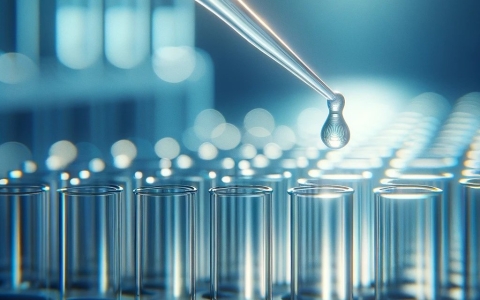Why do people choose egg donation for having a child?A comprehensive guide and FAQ
When a woman's eggs are not suitable for use or she has lost her ovulation function, the option of using donor eggs to conceive the next generation arises. Nowadays, the use of donor eggs is no longer limited to heterosexual couples or women. Even same-sex male couples or single men can fulfill their hope of having a child by obtaining donor eggs in the United States. Here’s some explanations to the process and details of using donor eggs to have a child, as well as provide you with comprehensive information on the costs involved.
Article Outline
- What is Egg Donation? An Introduction to Using Donor Eggs IVF
- Who should consider Egg Donation
- The 8-step Process of Egg Donation
- How Much Does Egg Donation Cost?
- Egg Donation and In Vitro Fertilization (IVF)
- Egg Donation and Surrogacy
- Can You Choose the looks of the Egg Donor? Two common Questions about Egg Donation
- Q1: Can you see the looks of the donor in the United States?
- Q2: Are there any conditions or restrictions for egg donation?
- High-Quality Egg Donation Services︱RSMC ensuring Stringent Standards
- Information about the Medical Experts at RSMC
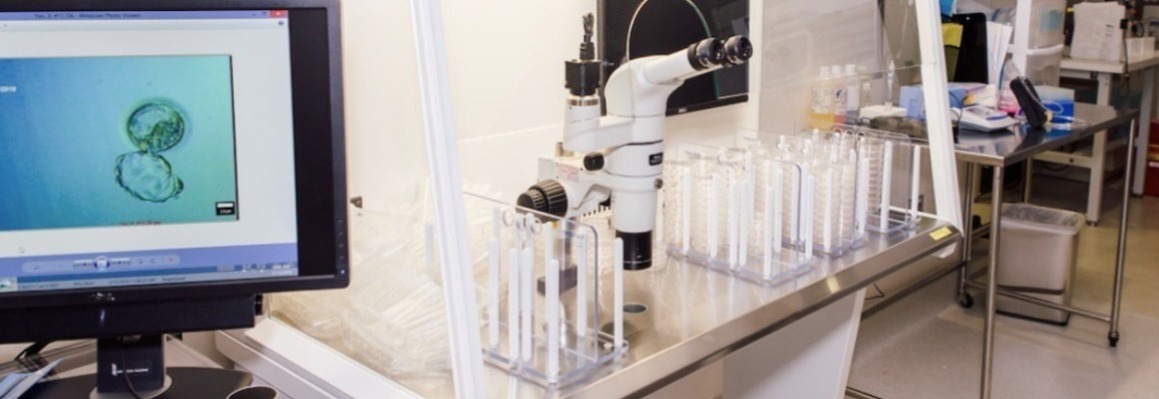
What is Egg Donation? An Introduction to Using Donor Eggs IVF
Egg donation is a method used in the process of in vitro fertilization (IVF) to help individuals or couples who are unable to conceive due to female infertility factors. It is particularly suitable for women with conditions such as advanced maternal age, unexplained infertility, Turner syndrome, congenital ovarian diseases, loss of ovarian function due to factors such as infections, surgeries, immune issues, or chemical treatments, and individuals with genetic disorders who cannot undergo preimplantation genetic diagnosis (PGD) for embryo selection.
Increasingly, LGBTQ families facing legal restrictions on reproductive options or challenges with adoption are turning to international egg and sperm donation for their path to parenthood. Same-sex male couples, in particular, who do not have a uterus, often opt for sperm freezing or travel to countries where international transportation of reproductive cells is permitted. They can then select a suitable egg donor from an egg bank and proceed with egg donation and surrogacy to bring their own biological child into the world.
Who Should Consider Egg Donation
The following are the three main groups of individuals who should consider egg donation:
-
Couples undergoing IVF: In cases where the female partner has lost ovarian function or has eggs that are not suitable for use in the IVF process, egg donation can be considered as an option.
-
Gay male couples or individules
-
Single men desiring parenthood
The 8 Steps of Egg Donation Process
The process of egg donation typically involves the following 8 stages, which are carefully planned to provide a comprehensive egg donation treatment :
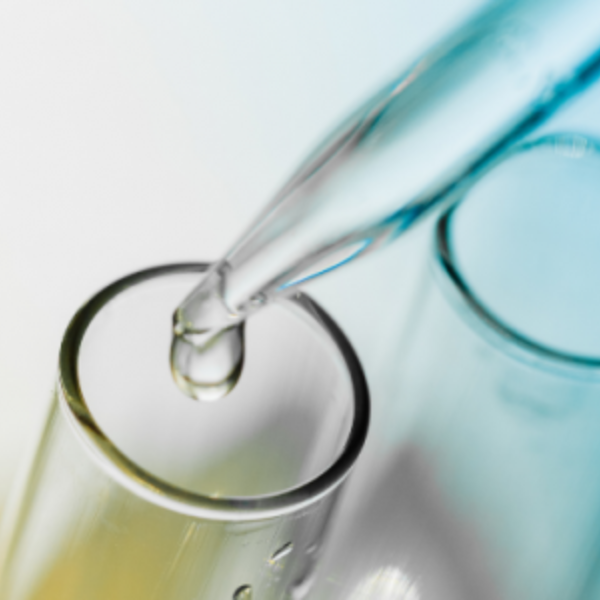
STEP 1 - Provide sperm report
STEP 2 - Free video consultation with the physician: A free video consultation is conducted with the physician to discuss the medical plan and determine the appropriate course of action.
STEP 3 - Fill out donor preferences
STEP 4 - Access to egg donor database or RSMC provides an eligible egg donor profile.
STEP 5 - Contract signing with the chosen egg donor.
STEP 6 - Egg retrieval (frozen eggs thawing) and embryo creation.
STEP 7 - Perform preimplantation genetic screening (PGS) of embryos.
STEP 8 - Choosing between self-pregnancy or surrogacy.
To understand the surrogacy process and costs, please refer to this article: "Surrpgacy & Surrogate Mother in Singapore: Law and Medicine"
What is the cost of using donor eggs?
The cost of using donor eggs for assisted reproduction can be different. There are two main types treatments in using donor eggs: donor egg IVF and donor egg surrogacy. Here is an explanation of the costs for each:
Egg donation with IVF:
Donor egg IVF can be used in couples with infertility issues or same-sex male couples.
-
For infertile couples: The cost of self-pregnancy through egg donation is approximately $50,000 to $70,000. The husband would need to stay in the United States for 3 to 5 days for sperm retrieval, while the wife would need to stay for 3-5 weeks for embryo transfer.
-
For gay couples: In addition to egg donation, the cost would be around $180,000 to $190,000, including surrogacy. If the couple travels to the US for sperm retrieval, they would need to stay for 3 to 5 days. However, if they freeze sperm in a country that allows international transport of reproductive cells and have the sperm delivered to the US, they would only need to travel to the US before the birth of the child to pick up the baby.
Egg donation with surrogacy:
For couples or gay couples using self-sperm with egg donation and surrogacy, if they travel to the US for sperm retrieval, they would need to stay in the US for 3 to 5 days and then return home country. They would then travel to the US again before the birth of the child to bring the baby home, which the whole process would take a total of 1 to 1.5 years. If they freeze sperm in a country that allows international transportation and have the sperm transported to the US, the process would take 1 to 1.5 years, and they would not need to travel to the US until the child is born. The overall cost for egg donation with surrogacy is approximately $180,000 to $190,000.
Can You Choose the looks of the Egg Donor? Two common Questions about Egg Donation
Here are the answers to two common questions about egg donation:
Can you see the look of the egg donor in egg donation? Here’s some detailed answers.

Answer: Yes, you can. In most countries, the law stipulates that recipients of donated eggs can only have access to basic information about the donor, such as race, skin color, and blood type. This is known as anonymous donation, where the donor and recipient cannot meet or know each other. Therefore, most medical institutions in these countries cannot use eggs from specific donors, and patients cannot bring their own acquaintances or friends to request the use of a specific donor's eggs.
However, in the United States, whether it's for heterosexual couples, same-sex couples, or individuals, egg donation with IVF is available, and the recipients can see photos of the donor as an adult, including their physical appearance, lifestyle, height, weight, education, interests, as well as the vital status and health condition of their family members. Additional information such as IQ tests or areas of expertise may also be available for prospective parents to consider. The cost of egg donation can vary based on the donor's characteristics, the number of purchased eggs, and commuting expenses for the donor. The entire process is legally protected, and all procedures are documented, ensuring parental rights. Overall, the experience of egg donation in the United States is generally positive.

Answer: Some older women may inquire about the possibility of egg donation after menopause. Although menopause can be addressed by taking hormone medication to restore menstruation and normal uterine function before embryo implantation, the suitability for egg donation or surrogacy depends on individual medical evaluations. Therefore, it is recommended to consult with a professional physician to assess the specific situation before making a decision on whether to proceed with egg donation or surrogacy.
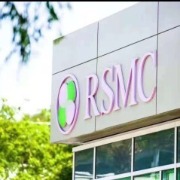
High-quality selection of donor eggs | RSMC assists in strict quality control.
RSMC has its own elite egg bank, allowing immediate access to donors. We have a diverse selection of Asian egg donors available. Rigorous screening processes, including genetic testing, psychological evaluations, and intelligence assessments, are in place to ensure the selection of ideal donors quickly and with peace of mind. If surrogacy is needed after egg donation, RSMC is located in California, where surrogacy is legal and our surrogacy department is the top surrogacy agencies in North America, making it easier for you to fulfill your dream of having a child. Overall, RSMC has the following three major advantages that make it worth considering:
RSMC's distinctive feature is its comprehensive one-stop service, which includes its own egg bank and surrogate database. They have egg donors from around the world, including a diverse selection of high-quality Asian egg donors.
2.Strict Oversight for Optimal Eugenics
RSMC implements strict screening procedures for egg donors, including medical examinations, genetic testing, and psychological evaluations. Donors are carefully assessed in terms of their physical appearance, talents, educational background, and overall health, ensuring exceptional quality.
RSMC consistently achieves high success rates for both egg donation and surrogacy. The average pregnancy rate for egg donation through IVF is as high as 87%, while the average pregnancy rate for surrogacy is 90%.
If you have any questions or requirements regarding egg donation, please feel free to contact us. Our dedicated team will provide detailed explanations and assist you in making arrangements. For Chinese-language consultations or to schedule a free telemedicine consultation with a U.S. physician, please add us on LINE / WeChat: rsmctw or initiate a conversation on WhatsApp at +1 858-342-6046.
egg donations to give birth in a high-quality choice︱RSMC assists in strict control
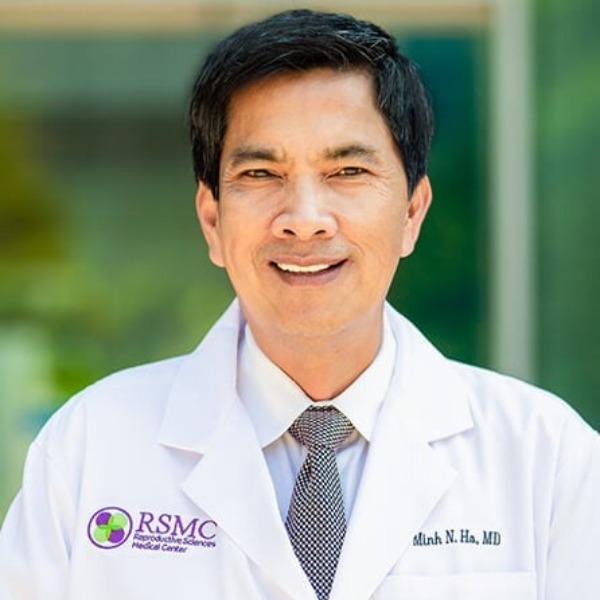
Medical Team
Dr. Minh N. Ho
RSMC is a reproductive endocrinology and obstetrics/gynecology physician. He is the first Asian-American reproductive specialist certified by the American Society for Reproductive Medicine. He is highly respected in the field of infertility treatment for Asian women of advanced age and is recognized as the chief fertility specialist designated by many dignitaries. He has received honors such as being recognized as a top gynecologist in the United States, a top physician in San Diego, a top reproductive specialist in the world according to the U.S. News & World Report, and being recommended as a physician by the U.S. Healthgrades.
Other
-
2024/07/05eggrecipient
Are the Identities of Egg Donors Genuine? How Is This Guaranteed?
-
2024/04/19eggrecipient
Is Using Egg Banks Really Better Than Fresh Eggs for IVF?




